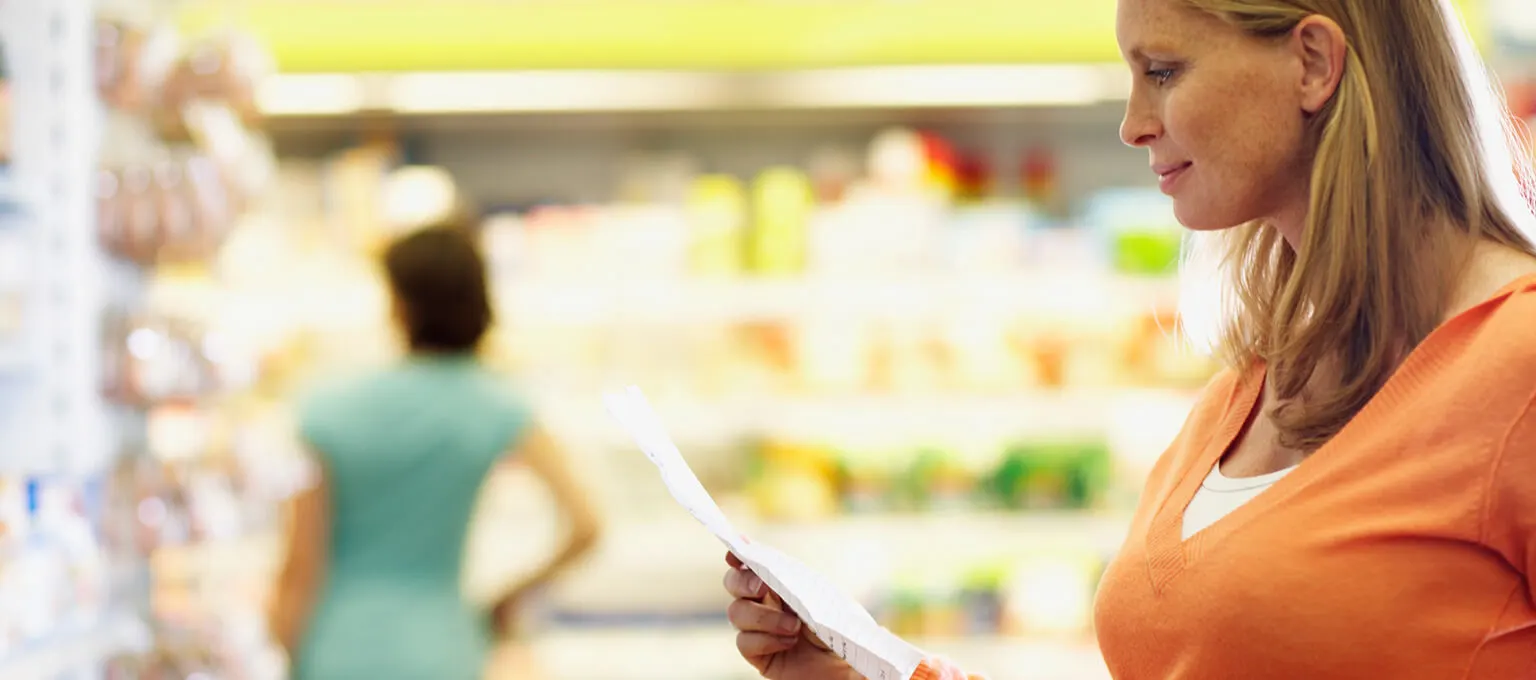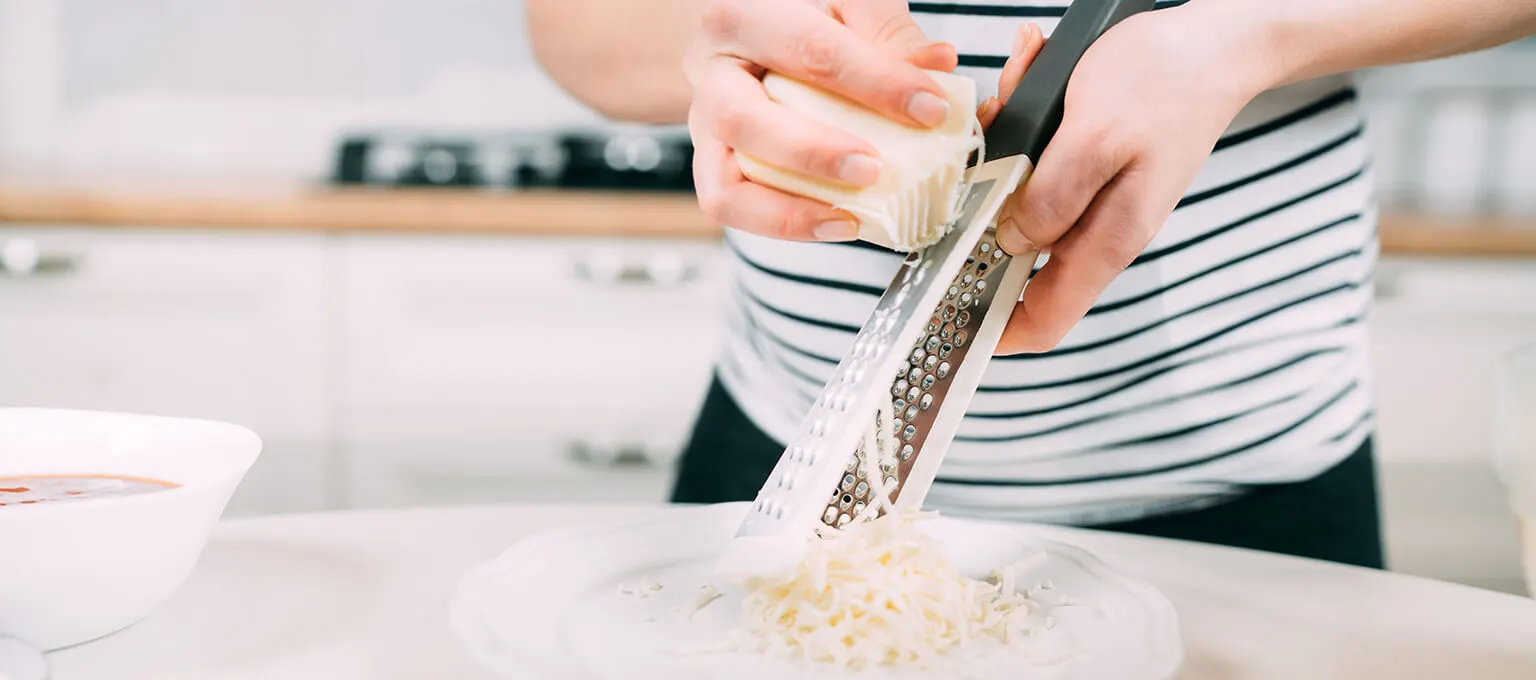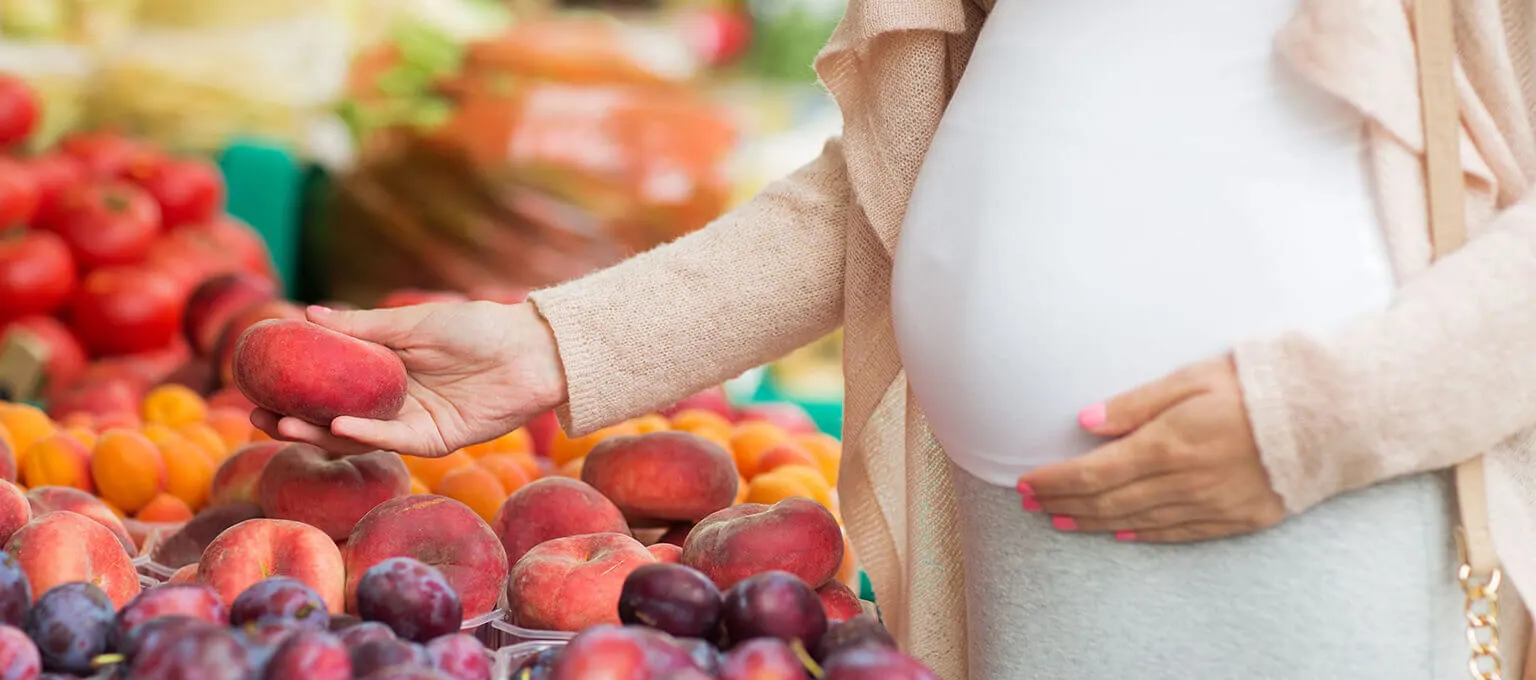What Not to Eat When Pregnant
Getting the nutrients your body needs is important during pregnancy, but it’s also important to know what foods to avoid while pregnant. You may have questions about what’s safe and what’s not for the health of you and your baby. Can pregnant women eat shrimp? Can you eat sushi while pregnant? All your questions are answered in this guide to food and drinks to avoid completely or consume in moderation during pregnancy. You can also learn more about healthy diet and pregnancy tips here.
Is It Safe to Drink Alcohol and Caffeinated Beverages While Pregnant?
In addition to having questions about food — what is safe and what isn't safe to eat during pregnancy — you may be wondering whether you should say no to that cup of coffee or you may be anxious if you were drinking alcohol in the first weeks before you knew you were pregnant.
Drinking alcohol while pregnant is best avoided entirely, as alcohol consumption can cause a higher risk of miscarriage and stillbirth, and in the case of excessive alcohol consumption, it can lead to fetal alcohol syndrome. The safest bet is to say no to that glass of wine once you know you're pregnant, but what if you didn't know you were pregnant and still drank?
Although no amount of alcohol is safe during pregnancy, if you indulged in the occasional beer or wine before knowing you're pregnant, it's unlikely any serious harm will come to you and your baby. The important thing is to not consume any alcohol for the rest of your pregnancy. If you are still worried about the effects of the drinks you had before your pregnancy was confirmed, talk to your healthcare provider.
When it comes to drinking coffee, small doses of caffeine are OK. Most experts agree that sticking to less than 200 mg per day (that's one 12 oz cup of coffee) is safe. Also, to give you a rough guide as to what a 200 mg portion of caffeine looks like in other beverages, it's 4 cups (8 oz each) brewed black tea, 6 cups of brewed green tea, or 4 cups of cola.
If in doubt, talk to your healthcare provider.
Pregnancy Weight Gain Calculator
Fill out your details:
How About Herbal Tea?
Because you want to keep your caffeine intake down, you may want to sip on a cup of herbal tea. However, there is little data out there on the effects certain herbs can have on developing babies. It’s best to play it safe and avoid herbal tea until you get the OK from your healthcare provider – even when it comes to herbal teas marketed as safe for pregnant women.
Can I Eat Meat, Poultry, Deli Meats, or Pâtés?
When you’re pregnant, your body is more sensitive to bacteria and infection. One foodborne illness that pregnant women are more likely to get is known as listeriosis. Caused by bacteria in food, listeriosis can lead to miscarriage, stillbirth, or premature delivery. You can help avoid listeriosis by not eating foods like hot dogs, cold cuts, pâtés, and deli meats.
If you want to eat deli meats, make sure you heat them until they are steaming hot before serving, or opt for canned and shelf-stable versions of pâtés.
Meat and poultry are an important part of a healthy, nutritious diet; however, make sure you fully cook all meat and poultry before eating. You can use a meat thermometer to guarantee food is fully cooked.
Low-fat dairy products, such as skim milk, mozzarella cheese, and cottage cheese, are an important part of a healthy pregnancy diet, but you should avoid unpasteurized milk and cheeses while pregnant. These can lead to foodborne illnesses like listeriosis. To be safe, avoid unpasteurized Brie, feta, queso blanco, queso fresco, and blue cheeses.
Like dairy foods, eggs are also highly nutritious, and are high in protein, but you should avoid raw and undercooked eggs. Raw eggs can be contaminated with harmful bacteria, which can be risky for anyone, but especially pregnant women.
It’s best to avoid food made with raw or partially cooked eggs, like raw batter, homemade Hollandaise sauce, Caesar dressing, and eggnog.
Can Pregnant Women Have Fish?
Seafood is great for pregnant women, but it is important to be careful with the type of fish you eat and where it’s sourced from. Seafood that’s high in mercury (see list below) poses a risk to your baby’s developing nervous system, which is why it’s important to avoid older, larger fish that could contain higher quantities of mercury.
Are There Any Fish or Foods Not to Eat When Pregnant?
Uncooked fish and shellfish comes with the increased risk of harmful bacteria. Can you eat sushi while pregnant? Although it seems like a no-no, there are safe sushi alternatives you can eat while pregnant, like vegetarian sushi or sushi rolls made with cooked fish or seafood, like shrimp tempura.
To be safe, it’s best to avoid:
Shark
Swordfish
King mackerel
Tile fish
Raw fish
Raw oysters, clams, and scallops
Refrigerated and uncooked seafood.
For the latest information on fish caught in local waters, check with your local health department.
When preparing fish and shellfish, it’s also important that you cook:
Fish to an internal temperature of 145 F (63 degrees Celsius), until the flakes are opaque.
Shrimp, lobster, and scallops until they turn milky white in color.
Clams, mussels, and oysters until the shells open, and throw away those that remain closed.
Fruits and vegetables are an important part of any balanced diet, but you should still wash all raw fruits and vegetables to get rid of any harmful bacteria.
Most fruits and vegetables are safe to eat if washed properly; however, raw sprouts carry a higher likelihood of foodborne illnesses. Unlike other fresh vegetables or fruits, sprouts are grown in humid and warm conditions, which are ideal for the growth of bacteria such as salmonella, listeria, and E. coli. It’s safest to avoid raw sprouts like alfalfa, clover, radish, and mung beans.
If you do want to consume sprouts, make sure you cook them thoroughly.
FREQUENTLY ASKED QUESTIONS
Asides from taking care of what not to eat when pregnant, including any uncooked meat, fish, and eggs, it’s also important to follow a healthy pregnancy diet to help you get the nutrients you need during pregnancy. You can read all about the foods you should eat during pregnancy here.
Join Pampers Club and get:






